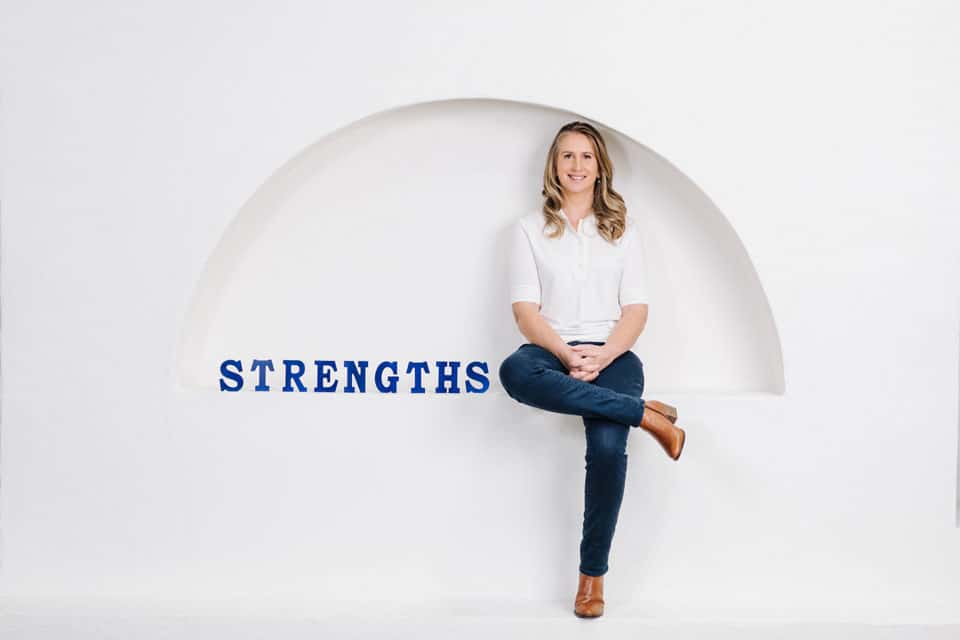What if you could design your workday to do more of what you love? More of the tasks that give you energy and joy. You can. It’s called Job Crafting. Job Crafting is where Managers enable employees to customize their roles, allowing them to align tasks, relationships, and cognitive aspects with their strengths and motivations. When employees have the autonomy to design their own jobs, they take greater ownership and responsibility. Amy Wrzesniewski is an award-winning professor at Yale School of Management and has spent 20 years researching how people make meaning of their work. She suggests we think of the crafting in three buckets:
- Task – what, when and how.
- Relational – who you work with.
- Cognitive – altering how you think about the tasks.
Not surprisingly, job crafting has been linked to better performance and intrinsic motivation.
As a result, more and more companies are crafting roles to fit the people, rather than searching for people to fit the roles. With the increasing awareness and understanding of neurodiversity, workplaces are making accommodations for neurodiverse people. What if this were true for every person in the workplace?
Play to your Strengths
Research by Gallup finds that when people have the opportunity to do what they do best every day and play to their strengths, they are over six times as likely to be engaged in their jobs and over three times as likely to report leading happier lives. The challenge is that not everybody knows what their strengths are. This is where assessments like CliftonStrengths can help individuals discover their unique Strengths.
Trash and Treasure
In a team meeting several years ago, as a newcomer in a consulting firm, I was assigned to peer review some materials, which triggered panic and dread due to my dyslexia. Although new, I suggested I might not be the best person for the job and asked if someone wanted to swap. Sam eagerly volunteered, expressing her love for peer review work, which baffled me, a task that drained me, gave her joy.
“Well, would anybody want to pick up my inductions?” said Joe, half joking, but he was serious.
“I will do them; I love inductions”, I piped up.
I am energised by meeting new people; Strangers are friends I haven’t met yet. One of my CliftonStrengths is WOO, which stands for Winning Others Over. In essence socially courageous, networking comes naturally to me; I easily break the ice and make connections.
My friend Lisa, a fellow Strengths Coach, calls this ‘Trash and Treasure’. One person’s trash (tasks that drain them) is another’s treasure—tasks that energise.
Our team had started ‘Job Crafting’, working out the things we loved that played to our strengths and the things that drained us. It helped that we all knew our own CliftonStrengths and the strengths of the team members. As tasks and projects came up, we were able to think about who would be best suited and who would be energised and motivated by them.
Conduct an Audit
If we focus on the task bucket, write two lists: one of all the tasks from your job (your job description might help you here) you enjoy doing, that give you energy when you think to yourself, ‘When can I do that again?’ On the other, all the things that drain you, that you procrastinate over, and that you dread. If you know your Strengths now draw lines between your strengths and what you bring and need in the role.
Make the Ask
Armed with the list, be prepared to have a conversation with your Manager about how you can do more of what you love and less of what drains you. Be clear on the value job crafting would bring to the organisation. Think of the objections they might have and be open to discussing them. Suggest conducting a trash and treasure audit in your team. Task swapping is easier than justification for not doing a task you don’t like. If you are a Manager, consider proactively conducting this with your team.
Check-In
Job crafting is not a one-time endeavour but an ongoing process of experimentation and refinement. As individuals grow and evolve, so too should their approach to job crafting. Ensure you have regular conversations about how the new arrangement is going for you, the Manager, and the team. Remember that job crafting reflects individual values, motivations, and strengths, which will differ across the team. Ultimately, you need to ensure the business’s goals and expectations are met.
So next time you think of quitting a job that drains you and offers little joy, consider instead how you could redesign the role to suit you.
Written by Charlotte Blair.
Have you read?
Best CEOs. Best Companies. Richest People (Billionaires). Richest Women (Billionaires). Richest in Each Country (Billionaires).
